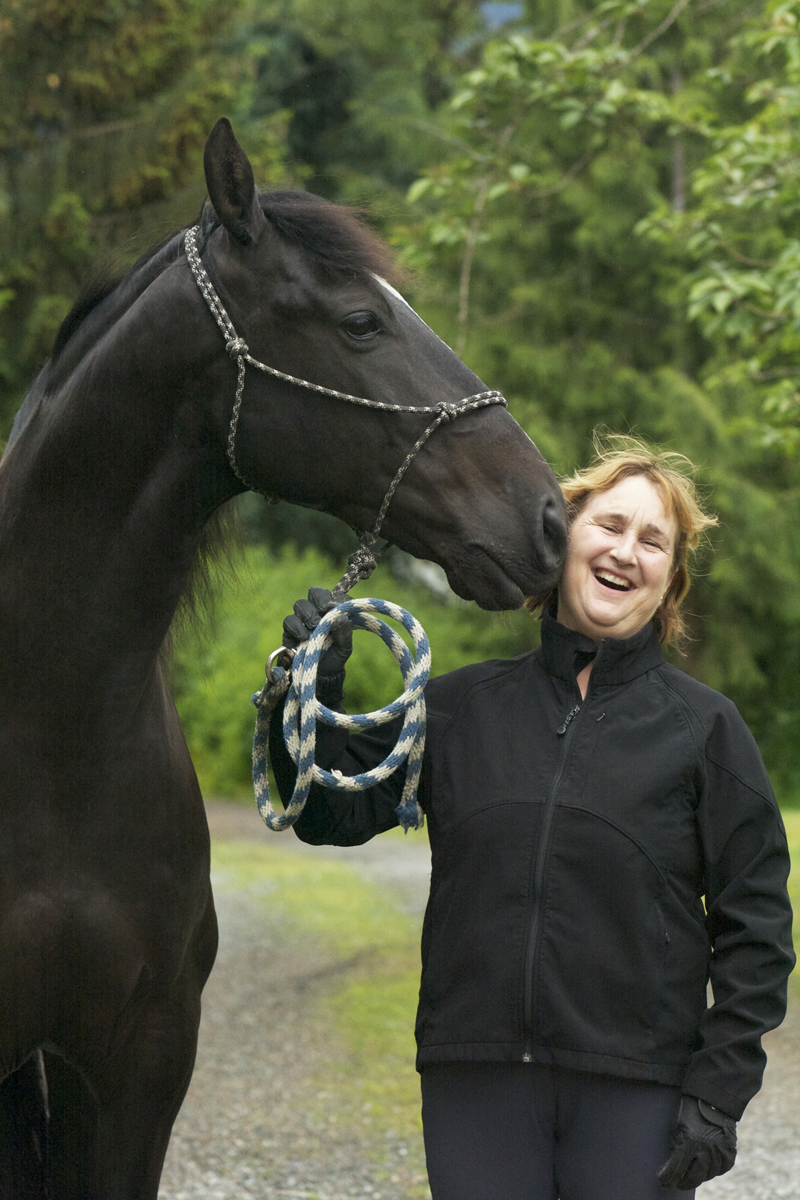Horse farm owners spend a lot of time cleaning things. They pick out stalls and pens, sweep barn aisles, hay storage areas, and tack rooms; mow, rake, and weed-whack yards, mow and harrow fields, compost and spread manure piles, knock down spider webs, dust and wash stall walls, wash feed and water buckets, clean water troughs…and the list goes on. Whew! It’s a lot of work.
It’s easy to wonder if it’s all worth it. Are we just keeping up appearances? Or are there more practical reasons for all this work? Cleanliness on a horse farm is important for the health and well-being of the animals and people. Here are nine reasons for being compulsively clean on a horse farm.
- Insect control – As the weather warms, they arrive. Gnats, flies of all varieties, midges, wasps, lice, and mosquitoes are just a few of the insects found around horses that can cause sickness, allergic reactions and just plain irritate humans and horses. They breed, live, and feed in mud and other wet areas, tall grass, manure (of course), loose hay, old leaves, and many other forms of detritus. Keeping grass cut short, aisle ways and hay mows swept, and manure cleaned up and composted helps rid farms of insects. Drain wet areas and encourage bug-eating birds like swallows.
- Rodent Control – Mice and rats love farms as much as the rest of us. That old toothless horse who dribbles his mush all over the place is feeding an army of rodents. Old feed bags, loose hay, garbage of any kind, stacks of wood, and buckets of apples are all great places for rodents to find food and seek refuge. Store all horse feed (including treats and supplements) in rodent-proof containers. Sweep and rake under and around the areas horses are fed to clean up spilled grain. And do the birds and other animals a favor and NEVER use rodenticides of any kind. You’ll kill off the predators (like owls) that are so important in helping control rodents.
- Avoid Accidents – Not long ago I had a bad fall tripping on a halter that was poorly hung on a stall wall. I caught my foot in it while feeding and fell over on the cement. It’s surprising the stuff both humans and horses can hurt themselves on. Always keep barn aisles free of hazards such as wheelbarrows, shovels, pitchforks, grooming supplies, ropes and lunge lines, etc. A spooked horse can impale himself faster than we can say “watch out!”
- Poison and Founder Prevention – Always have two doors between horses and feed, fertilizer, pasture seed, or any poisonous substances. Keeping hay areas swept and clear of cobwebs encourages airflow to reduce molds and discourages spiders. Keeping fields mowed and fence lines weed-whacked reduces toxic weeds in your pastures and keep grass healthy.
- Mud and Dust – Manure and hay in paddocks and fields is mud in winter and toxic dust in summer.
- Parasites – Keeping paddocks, fields, and stalls manure-free is obviously essential for parasite control. It’s also vital for the health of groundwater and streams, rivers, and lakes.
- Respiratory Issues = Dust creates respiratory issues in horses and people. Barn design that includes good airflow is essential and regular cleaning of walls reduces the dust that causes problems.
- Hydration and Palatability – Clean water buckets and water troughs increase drinking in horses which improves health and prevents colic. Filthy grain buckets promote bacterial growth and decrease palatability of feed.
- Peace – A clean, organized farm is a peaceful, safe place that brings joy to all who live and visit there. It just feels good!

Kim Roe grew up riding on the family ranch and competed in Western rail classes, trail horse, reining, working cow, and hunter/jumper. She trained her first horse for money at 12 years old, starting a pony for a neighbor.
Kim has been a professional dressage instructor in Washington state for over 30 years, training hundreds of horses and students through the levels. In recent years Kim has become involved in Working Equitation and is a small ‘r’ Working Equitation judge with WE United.
Kim is the editor of the Northwest Horse Source Magazine, and also a writer, photographer, and poet. She owns and manages Blue Gate Farm in Deming, Washington where she continues to be passionate about helping horses and riders in many disciplines.

